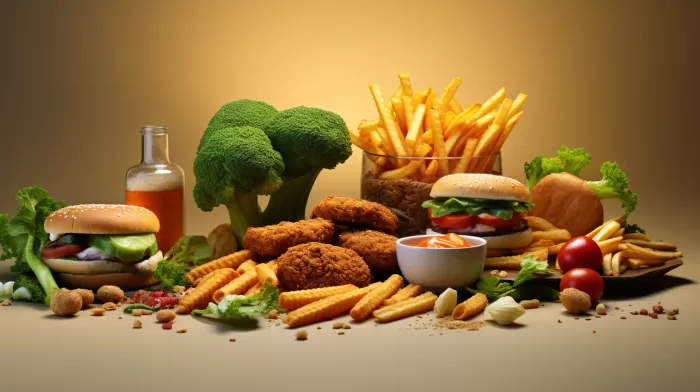The popular phrase “Butter is Back” may have caught your attention, especially as it stems from a study published in the journal Annals of Internal Medicine. The study suggested that there’s no evidence to support the idea that saturated fat increases the risk of heart disease. However, exercise extreme caution – this can be highly misleading. So, let’s break down the facts.
The Good, The Bad, and The Ugly Fats
American diets are famously fatty, featuring foods like full-fat cheese, pizza, grain-based desserts, burgers, pasta dishes, candy, and fried potatoes, to name a few. While some of these food items contain good fat (organic eggs, cheese, and fatty meats), most of them have added trans fats, which are incredibly detrimental to your health.
It’s worth noting: fat is a killer. It’s no surprise that everyone who studies nutrition unanimously agrees on this point.
Sure, food consumption is a science. Ideally, we should regard what we eat daily as our natural medicine and choose accordingly. Maintaining optimal body weight simply becomes a matter of time.
Nevertheless, few people ponder upon the repercussions of what they consume. Commercial food manufacturers dictate what is regarded as “good” for consumption, leading to a nationwide addiction to nutritionally unsound trans fatty acids like crackers, breads, cakes, and French fries.
Trans Fats – The Culprit
Other sources of deadly trans fats include vegetable cooking oils like soybean oil, cottonseed oil, or any non-certified organic oil with the words “hydrogenated” or “partially hydrogenated.” While these oils may boast a long shelf life, they wreak havoc on your health.
The core issue? Our diet of trans fatty acids has been promoting obesity, heart disease, and cancer. Knowing the difference between good and bad fats will affect our overall well-being, and it’s crucial that we integrate good fats into our diets just as well as we avoid bad ones.
Bust the Fat-Weight Gain Myth
Keep this maxim in mind: fat in its natural form does not make you fat. Yes, you read that right. In essence, consuming bad fats will promote weight gain. Individuals often associate weight gain with fat consumption – but that’s a con. Bad fats, in all their forms, are the ones likely to tip the scales.
So, it’s no wonder that consuming unhealthy fats will lead to a host of issues, including obesity, diabetes, vascular disease, and even cancer.
Making the Right Choices
The key takeaway is to avoid all trans fatty acids like fast foods, cookies, crackers, pastries, and any junk food. Steer entirely clear of hydrogenated, partially hydrogenated shortening, margarine, and vegetable oils.
Instead, focus on integrating good fats into your diet—oils from fish, fish oil, cod liver oil, olive oil, coconut oil, and genuine unprocessed butter. Consuming these good fats will help rebalance your omega 6 fatty acids by increasing your omega 3 fatty acids.
Watch your overall health improve as you start shedding those extra pounds, an eradication of inflammatory joint issues, and a noticeable improvement in your lipid profile. The best part? A healthier and happier you – all without any dependency on pharmaceutical drugs.



